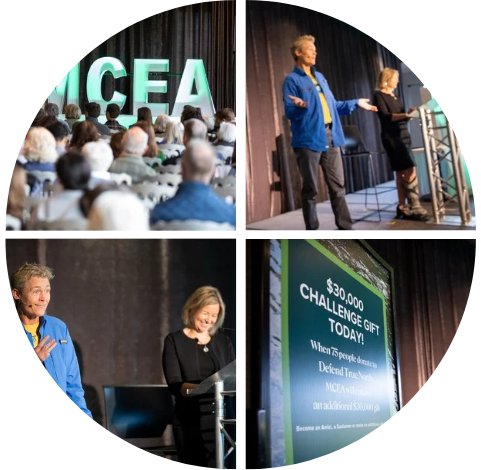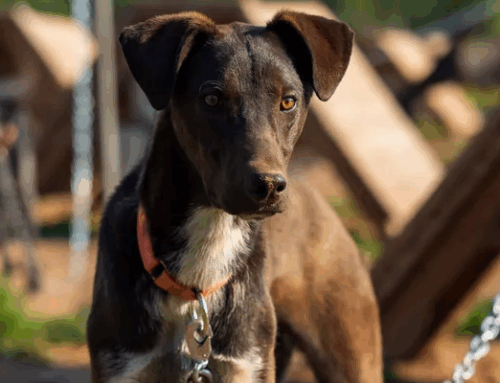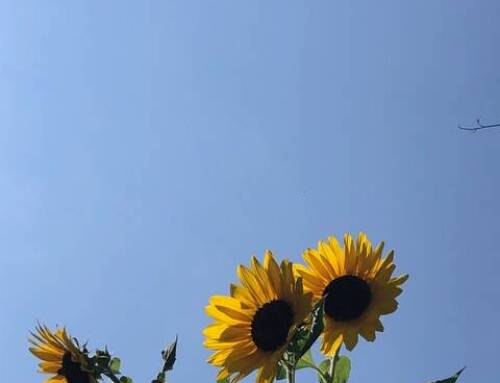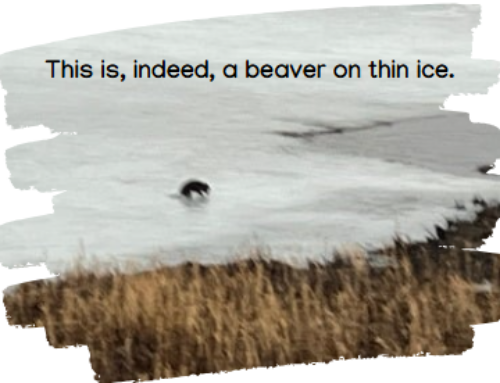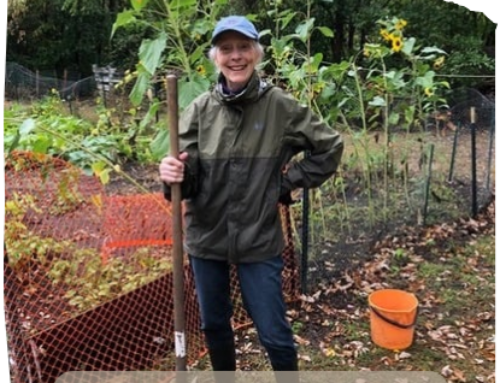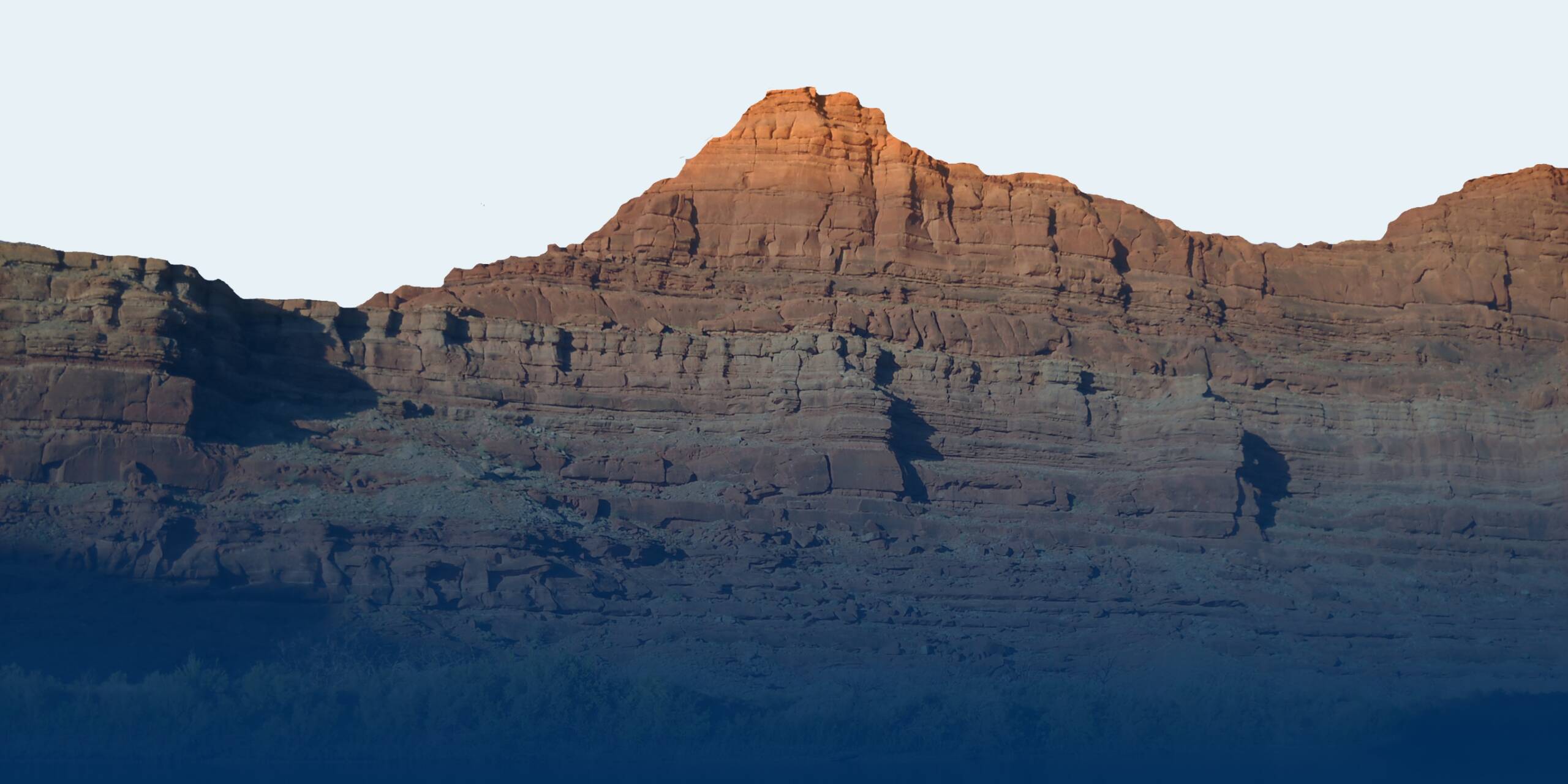It was a gut-wrenching moment. I was set to speak at the 50th anniversary of the Minnesota Center for Environmental Advocacy (MCEA), where I serve on the board and deeply believe in the cause. I’d prepared remarks about using MCEA as a powerful “carbon counterpoint” – donating to tackle the root causes of emissions, rather than settling for feel-good solutions that never address the real problem.
Two days before the event, the planning committee threw me a curveball: Would I come back on stage at the end to hype up the crowd for donations? The executive director had sprained her ankle, and they needed someone to energize the audience to unlock a $30,000 matching gift if 75 donations came in.
Their suggested lines made my stomach drop: “How many donations do we have, Debra?” “We’re halfway there!” “Let’s hit that goal!” It was classic auctioneer-style banter—SO not my style. I could feel how awkward I’d be, my discomfort likely stifling the energy and deflating the room. But I didn’t want to let them down.
After some soul-searching, I came up with an alternative and proposed it to the team the day before the event. Instead of cheerleading, I would ask the executive director on stage about her ‘Wild Why’—why she not only worked there but also donated. As we talked, we could pause for donation updates, then invite others to share their ‘Wild Why’ stories.
Thankfully, the team agreed. It felt more authentic to who I am, and the event ended with 106 donations—well above our goal.
The experience reminded me of the importance of honoring our true selves. While growth often requires stepping outside our comfort zones, it’s also vital to recognize when we’re crossing a line that would compromise our authenticity. The changes we made moved me from feeling misaligned to being just the right amount of stretched.
This was a powerful lesson in trusting my instincts. I almost dismissed my hesitation as a failure to step up, but then I remembered one of my favorite Rumi lines: “Out beyond ideas of wrongdoing and right doing, there is a field. I’ll meet you there.” Maybe that field is where true impact and connection lie—when we lean into our unique, Wild selves.
Rumi’s second stanza captures this perfectly: “When the soul lies down in that grass, the world is too full to talk about. Ideas, language, even the phrase ‘each other’ doesn’t make any sense.” That is the beauty, the alchemy, when we recognize and embrace each other’s unique, Wild selves. It lifts us far beyond what we can achieve separately.

